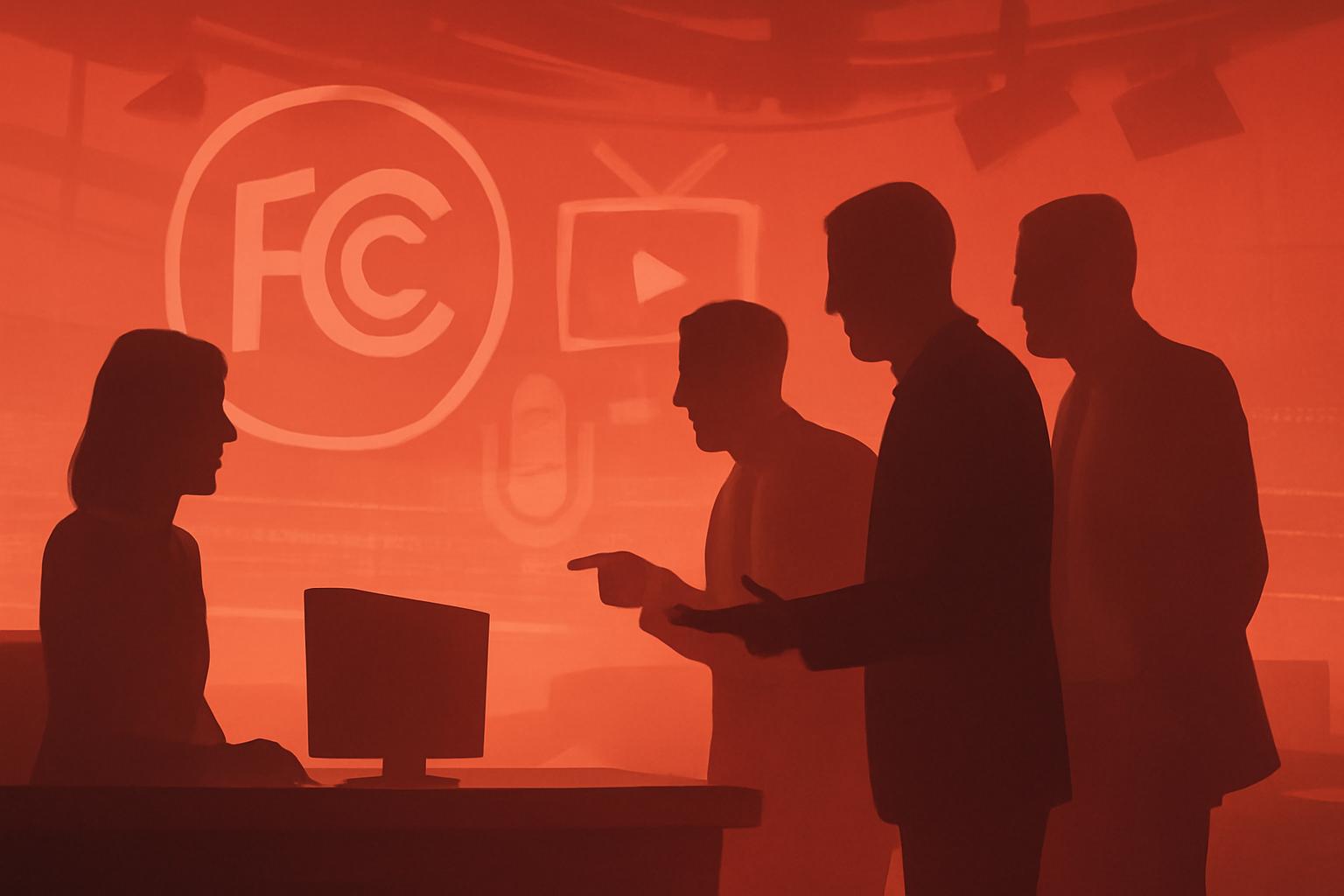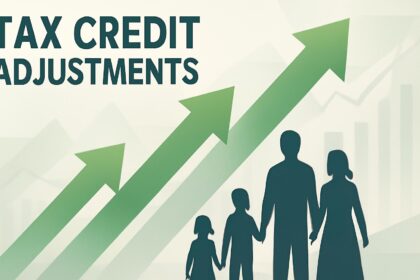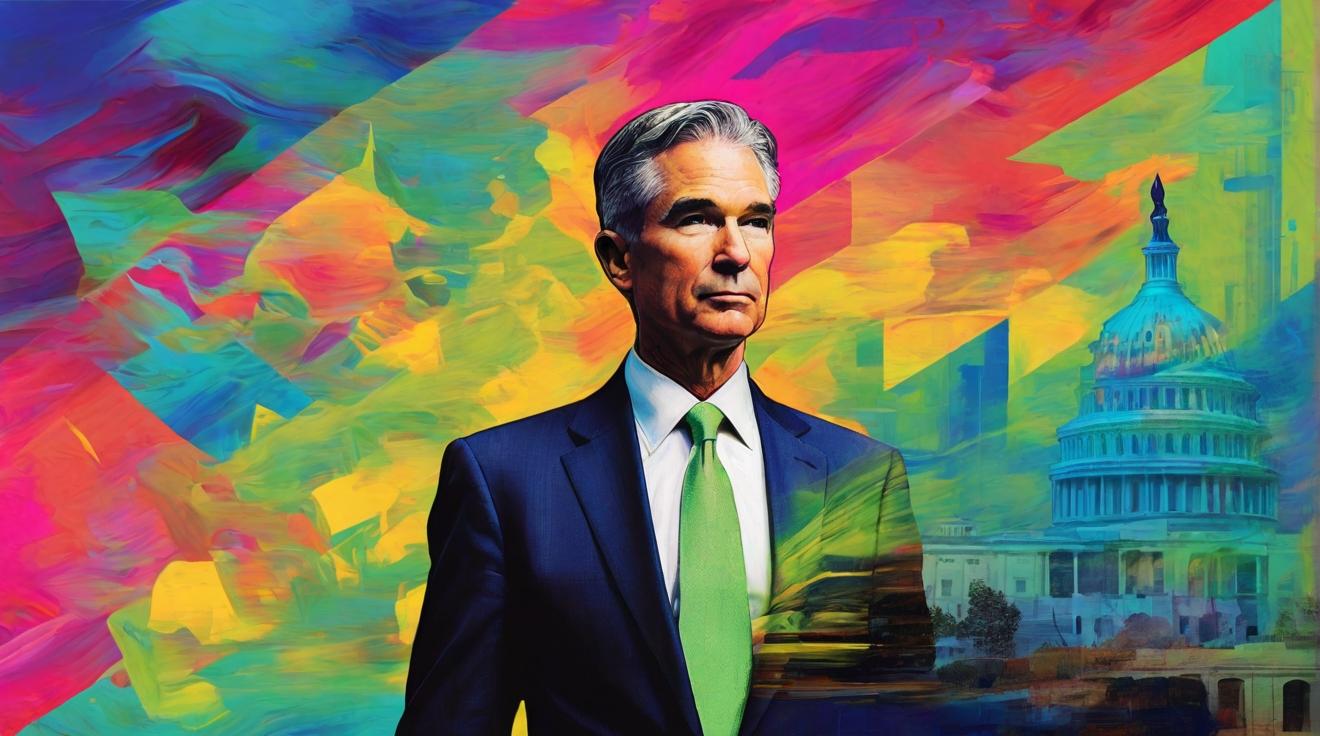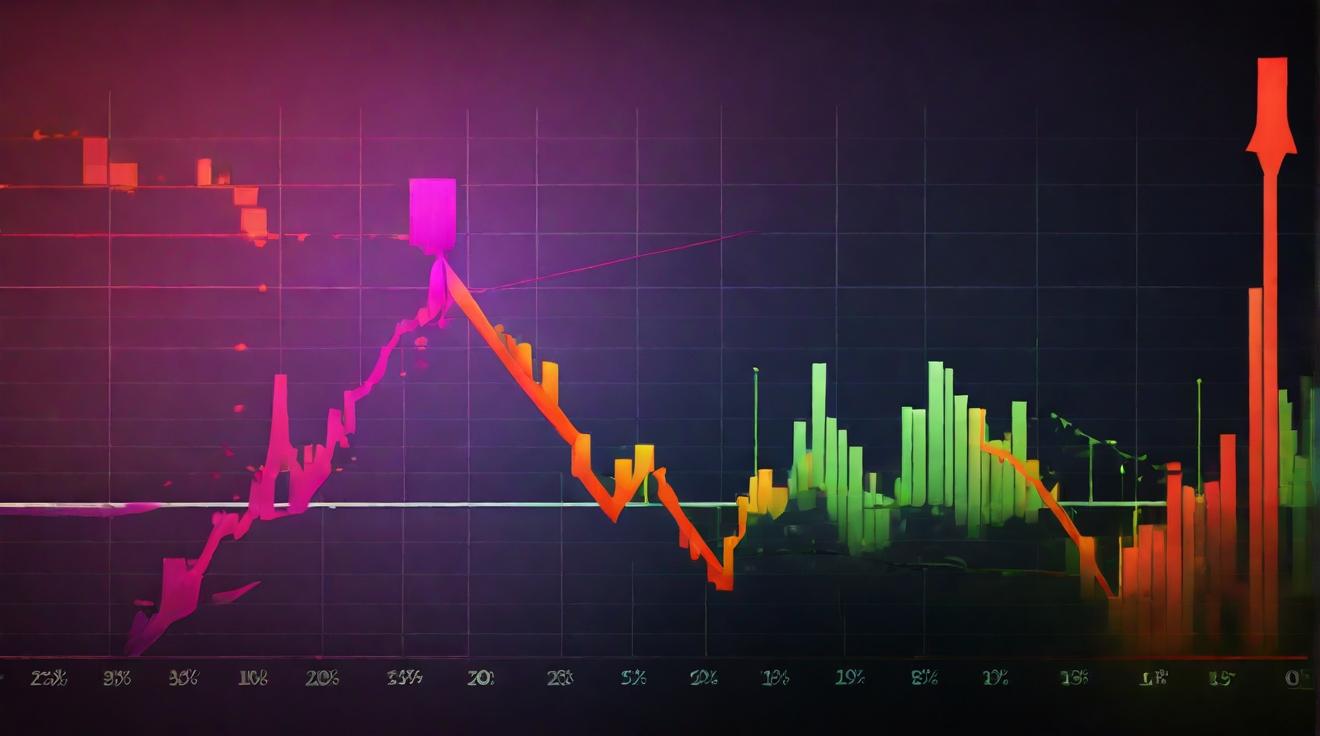Background: Kimmel’s Suspension and FCC Pressure
ABC’s long-running late-night show “Jimmy Kimmel Live!” was indefinitely suspended following comments made by host Jimmy Kimmel that linked the alleged killer of conservative activist Charlie Kirk to President Donald Trump’s “Make America Great Again” movement. This move came amid mounting pressure from Federal Communications Commission Chairman Brendan Carr, who warned of potential regulatory action against ABC and Disney. Kimmel’s controversial remark stated, “The MAGA Gang desperately trying to characterize this kid who murdered Charlie Kirk as anything other than one of them and doing everything they can to score political points from it,” drawing sharp criticism from conservatives and FCC officials alike.
White House Denies Direct Role in Suspension
White House Press Secretary Karoline Leavitt denied any direct involvement of the Trump administration in ABC’s decision to suspend Kimmel. Speaking on Fox News’ “Saturday in America,” Leavitt emphasized that the decision originated from ABC executives, citing Kimmel’s alleged misinformation about a respected individual’s death during a national period of mourning as the cause.
“The decision to fire Jimmy Kimmel and to cancel his show came from executives at ABC,” Leavitt said. “It was a decision that was made by ABC because Jimmy Kimmel chose to knowingly lie to his audience on his program about the death of a highly respected man when our country is in a state of mourning.”
Notably, Kimmel was not terminated but rather suspended, with ongoing discussions between him and Disney/ABC executives about potential conditions for his show’s return.
FCC Chairman Brendan Carr’s Regulatory Threats
Brendan Carr, appointed FCC chairman by Trump, criticized Kimmel’s comments as “truly sick” and potentially misleading the public. Carr suggested these remarks could justify severe regulatory actions, including revoking ABC’s broadcast license.
“This is a very, very serious issue right now for Disney. We can do this the easy way or the hard way,” Carr told commentator Benny Johnson. “They have a license granted by us at the FCC, and that comes with it an obligation to operate in the public interest.”
Carr further indicated on CNBC’s “Squawk on the Street” that the FCC’s intervention in media content regulation is ongoing and that the agency is “not done yet” with reshaping the media landscape.
Industry and Political Reactions
The suspension ignited a political and cultural firestorm. Conservative commentators condemned Kimmel’s remarks, framing the suspension as a consequence of accountability, while liberal voices accused Republicans of engaging in the very “cancel culture” they previously denounced.
- Nexstar Media Group and Sinclair Broadcast Group preempted Kimmel’s show on their ABC affiliates indefinitely.
- Former President Barack Obama criticized the government’s threats to media companies, highlighting concerns over freedom of expression.
- Former Disney CEO Michael Eisner publicly supported Kimmel, questioning the erosion of leadership and defending free speech.
- Rep. Alexandria Ocasio-Cortez called for Kimmel’s reinstatement, urging Disney and ABC to resist political corruption.
- Hollywood creatives organized protests defending free speech and opposing perceived censorship.
- Republican Senator Ted Cruz criticized FCC Chair Carr’s tactics, warning of dangerous government overreach into media freedoms.
The controversy also escalated to security concerns, with a shooting incident at an ABC affiliate’s lobby in Sacramento, California, under investigation.
Ongoing Negotiations and Uncertain Future
As of now, talks between Jimmy Kimmel and Disney/ABC remain unresolved. While Disney has replaced Kimmel’s timeslot with reruns of “Celebrity Family Feud,” the future of “Jimmy Kimmel Live!” is uncertain. The situation underscores the complex intersection of political influence, media regulation, and free speech rights in the current polarized climate.
FinOracleAI — Market View
The suspension of Jimmy Kimmel’s show amid FCC pressure highlights increasing regulatory risks for media companies operating in politically charged environments. Disney and ABC face challenges balancing content freedom against potential government sanctions, which could set precedents impacting broadcast licenses.
- Opportunities: Reinforcing editorial independence may strengthen brand trust among audiences valuing free speech.
- Risks: Escalating government intervention could lead to stricter content regulations, impacting creative expression and profitability.
- Public backlash and protests may affect advertiser relations and corporate reputation.
- Ongoing political polarization increases unpredictability in media regulation enforcement.
Impact: The incident underscores systemic tensions between media freedom and regulatory oversight, posing a cautious outlook for broadcasters navigating politically sensitive content.













